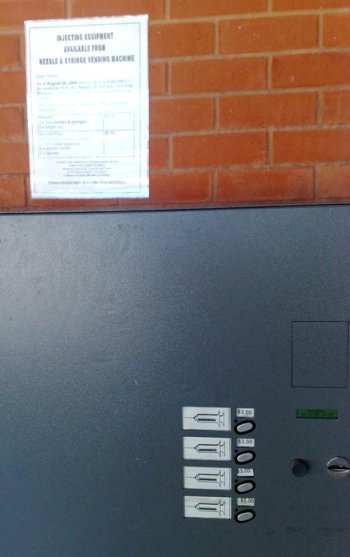I noted a few days ago that KICE – Kangaroo Island Education, had scored below average results in national numeracy and literacy testing. Results for the year three group were substantially below average. This was when compared with all schools, and with ‘statistically similar schools.’
Kangaroo Island is regarded as remote, and incomes on the island are below national averages.
So statistically similar means poor and remote. Other schools listed when I checked the site were schools with high proportions of indigenous students.
Aboriginal schools are generally recognised as having significant issues in terms of absenteeism and literacy.
For KICE to score below aboriginal schools at any level is an appalling result.
How could this have come about? There three possibilities.
1. Children on KI are unusually stupid.
I don’t think this is so. But there does seem to be an unusually high proportion of students with learning difficulties – particularly boys.
2. Parents do not see the value of education, are not supportive of the school, do not read with their children at home, etc, etc.
This is possibly true. There does seem to be a general lack of recognition of the value of learning.
There is also a high incidence of domestic violence.
I have not seen any studies of correlation between domestic violence and literacy, but I would expect a strong inverse relationship.
A close friend says her observations while working in aboriginal schools confirms this. Children were often scared of what they would find when they went home, if Dad was drunk, or Mum had threatened to kill Dad in his sleep, or sister had been beaten with iron bars the night before because she was friends with someone the family were enemies of.
Because they were scared the children were not interested in school work, or left during the day to check what was happening, or found other, often unhealthy, ways to cope.
Even in less extreme circumstances, children might be distressed and distracted by unhappiness at home.
But this is not the whole answer. The relationship between KICE and parents seems to be marred by suspicion if not outright hostility.
To give an example, last year a parent wrote a letter to the local paper, questioning the teaching of Indonesian as a second language. The questions were reasonable, and could have been answered in a reasonable way.
Instead, the principal wrote back to the paper saying he was taking legal advice, and suggesting the parent, and anyone else who thought like him, was a narrow-minded redneck.
This kind of response does not encourage parents and community members to believe they can talk openly with the school about issues.
It also makes the school as whole seem defensive if not irrational, so that parents are less likely to take the word of teachers or other staff over that of their children, and less likely to believe disciplinary measures are being adminstered fairly.
3. The school is disfunctional, or at least, teaching in the early years is or has been very poor.
I met two retired teachers last week. Both had taught for many years on Kangaroo Island. I asked one of them what he used to teach, meaning subjects. He replied ‘little bastards.’ I laughed, and asked whether this was what had lead to his early retirement.
He said it was not. He was used to poor behaviour from students, and lack of support from parents. What had got him in the end was ongoing bullying in the staff room. The other teacher who was with him confirmed that this had also been his experience.
Now let’s just talk in general about disfunctional schools.
There was a fuss in the papers in South Australia a few years ago about a power group of teachers in a public school. They organised timetables so that they got better students and more free time. Difficult classes would be split for them, but left intact for new teachers, who were then belittled if they had classroom management problems.
Teachers were appointed, and office space and privileges allocated, not on the basis of need or experience, but on the basis of who knew who, and who talked loudest about the great things they had done.
This resulted in high levels of tension, large numbers of staff on stress leave, and declining academic results. Senior staff sent to try to resolve the problem were either drawn into the power group, or if they resisted and tried to bring about change, decried as bullies or incompetent, and moved on.
No one benefits from this, except the few who are able to make life comfortable for themselves at the expense of other teachers, students, and the community.
For results to improve, existing problems need to be acknowledged. Power groups need to be recognised for what they are, and deprived of their power. Appointments need to be made on the basis of who is best suited for the position, not who is someone’s drinking buddy.
And last but certainly not least, there needs to genuine and respectful interaction with the community.
More money will not solve the poor NAPLAN results. Better management will.




